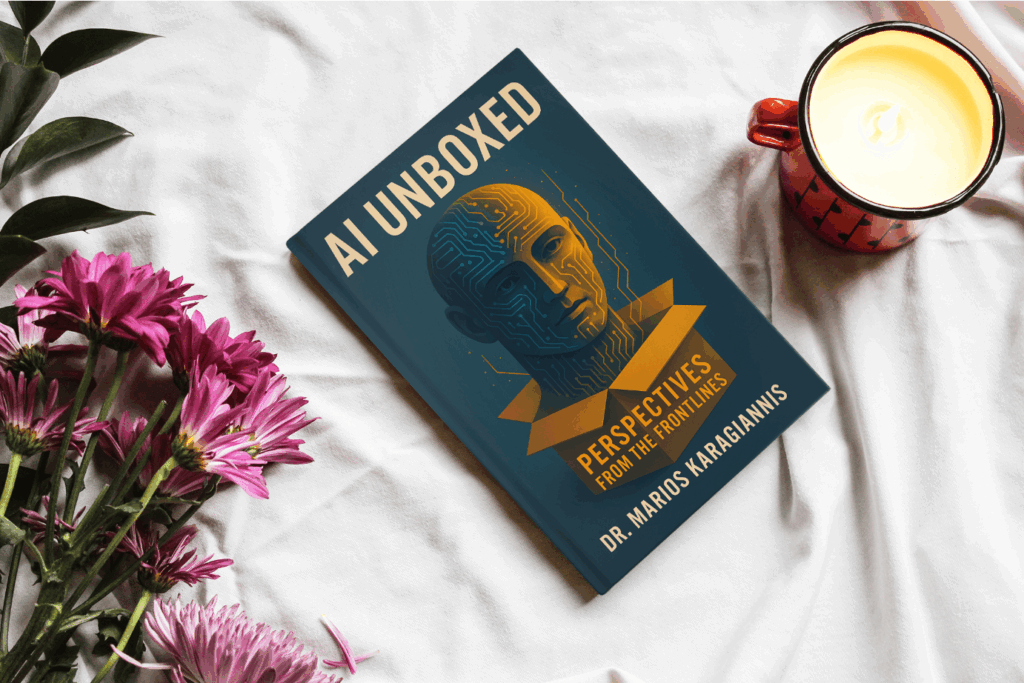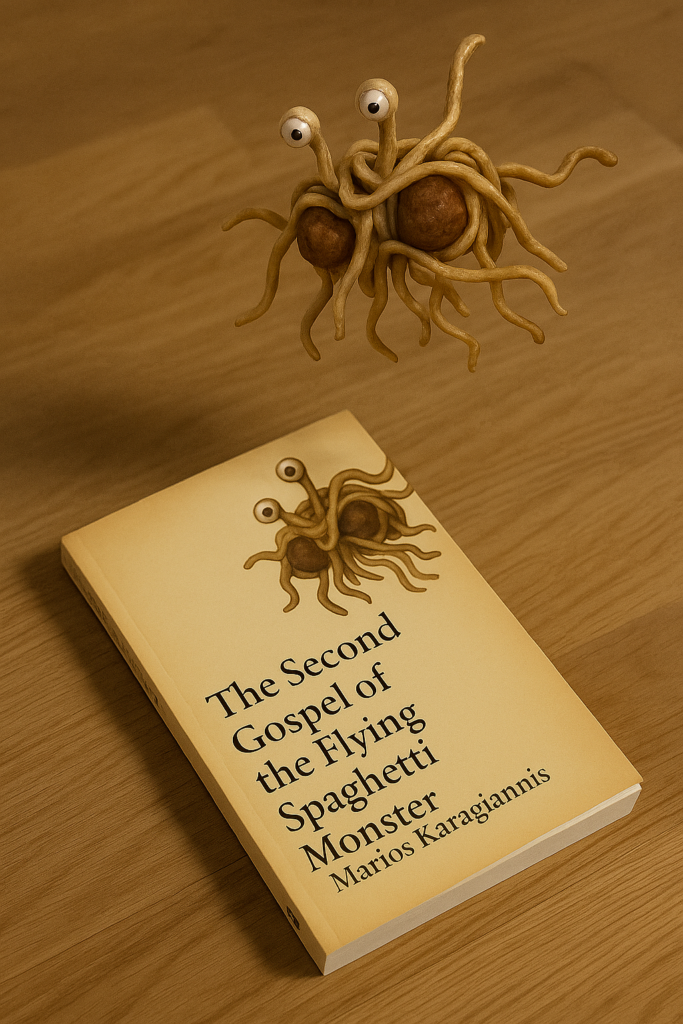
I used to think that if I wasn’t going to do something perfectly, I shouldn’t do it at all. That mindset held me back for years. I’d look at people who seemed effortlessly successful and think, “I’ll start when I know I can do it right.” But here’s the thing—most of them weren’t as effortless as they seemed. They had failed, stumbled, and started over more times than I could count. I just didn’t see it.
For a long time, I was caught in a strange illusion. It’s easy to look good when you do nothing. No mistakes, no failures, no embarrassing moments—just a clean, untouched potential. But that’s all it was: potential. And potential that sits unused isn’t worth much.
I remember the first time I seriously decided to take action on something outside my comfort zone. I was working on a project that I had been thinking about for years. At first, I tried to make everything perfect. I would tweak and tweak, never really finishing anything because I was afraid of putting out something that wasn’t flawless. But eventually, I realized that perfection was just an excuse to avoid failure. So, I took a deep breath and released something that was just good enough.
And guess what? It wasn’t perfect. People had feedback. Some things worked, others didn’t. But the most important thing was that it existed. I could improve it. I could refine it. I could take what I learned and make it better.
That’s when it hit me—doing something, even if it’s flawed, is always better than doing nothing. Because when you do nothing, you never get the chance to improve. You never get to see what works and what doesn’t. You never get the opportunity to build momentum.
Failing is not the opposite of success. It’s a necessary step toward it. The people who succeed aren’t the ones who got everything right the first time. They’re the ones who kept going after they got it wrong.
Looking back, I realize how much time I wasted trying to look good by avoiding failure. The irony is that the people I admire the most aren’t the ones who never failed—they’re the ones who failed, learned, and kept moving forward. They’re the ones who took risks, made mistakes, and refused to let those mistakes define them.
So, if you’re hesitating to start something because you’re afraid it won’t be perfect, I’ll tell you what I wish someone had told me sooner: Do it anyway. Do it badly if you have to. Let it be messy, let it be awkward, let it be far from what you envisioned. But do it. Because the sooner you start, the sooner you can learn, improve, and grow.
And one day, you’ll look back and realize that all those failures weren’t roadblocks. They were stepping stones.









